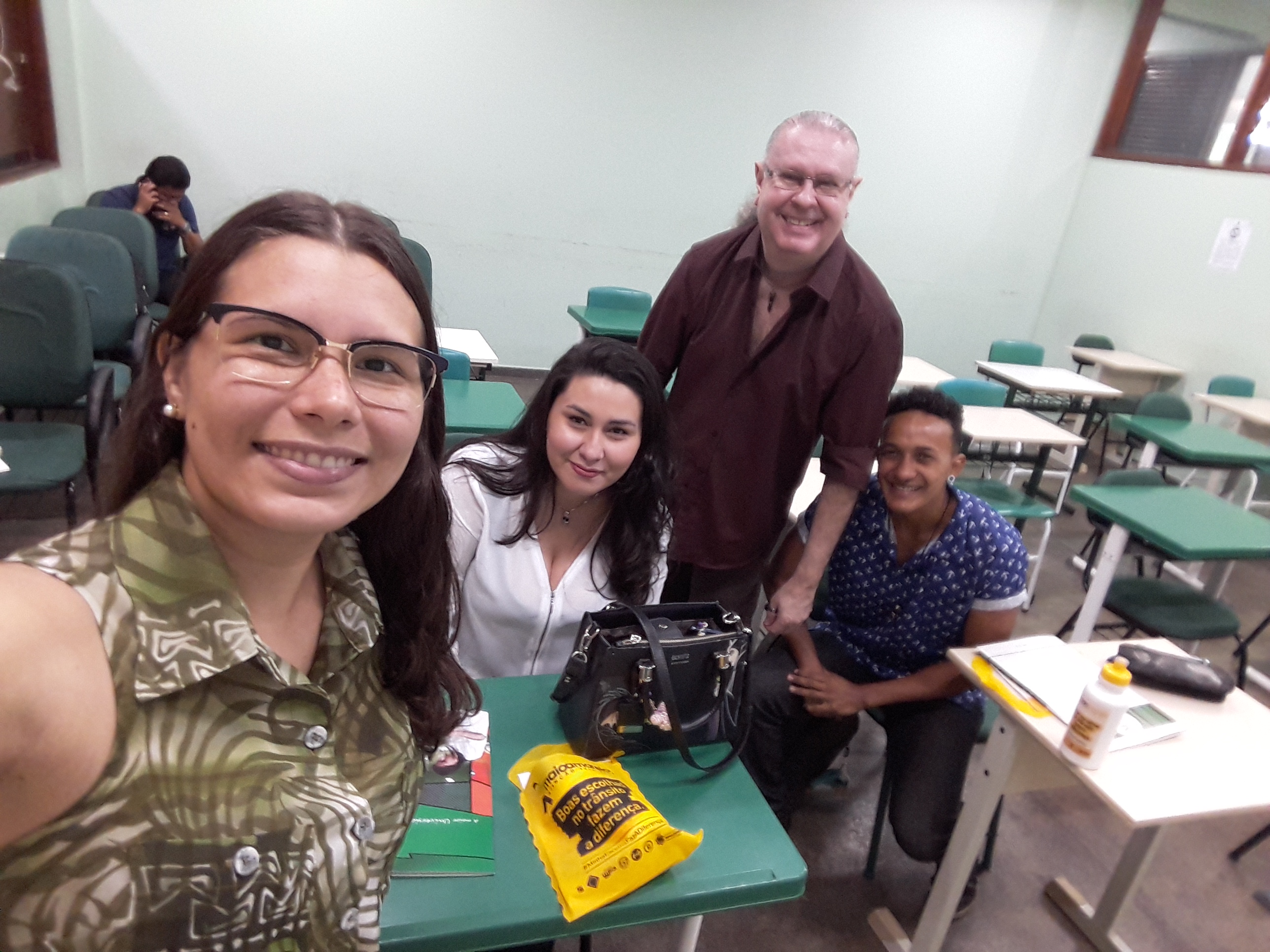ACOMPANHAMENTO PSICOLÓGICO NA UTI: RELATO DE EXPERIÊNCIA.
Resumo
RESUMO
O presente relato tem como objetivo descrever as sessões de uma intervenção psicológica realizada num hospital-referência em doenças tropicais na cidade de Manaus. Além de articular teoria e prática com relação ao atendimento psicológico no ambiente hospitalar, relatar os sentimentos do pesquisador durante as atividades descritas no presente trabalho e fomentar novos conhecimentos acerca do atendimento psicológico com pessoas que tentaram suicídio. A metodologia utilizada é a abordagem qualitativa de pesquisa, sendo a intervenção psicoterápica com os pressupostos da linha fenomenológica-existencial. Pode-se observar a importância da psicoterapia no contexto hospitalar, principalmente na Unidade de Terapia Intensiva, para a melhora de saúde dos pacientes internados, facilitando sua adaptação à nova realidade e a adesão ao tratamento. Além de vislumbrar novas possibilidades de vivência ao se deparar com uma doença crônica, no caso o HIV/SIDA. O comportamento suicida é difícil de compreender e lhe atribuir causas, mas deve-se oferecer um espaço de escuta ao paciente que o tentou realizar e ser o facilitador da reintegração do indivíduo com sua família, além de dimensionar novos projetos de vida. Espera-se que este trabalho seja o início de uma série de pesquisas envolvendo o cuidado autêntico para com o paciente em grave sofrimento psíquico que contempla o suicídio.
Palavras-chave: psicologia, UTI, HIV.
ABSTRACT
The present report aims to describe the sessions of a psychological intervention performed at a reference hospital in tropical diseases in the city of Manaus. Besides articulating theory and practice with regard to psychological care in the hospital environment, to report the feelings of the researcher during the activities described in the present study and to foster new knowledge about psychological care with people who have attempted suicide. The methodology used is the qualitative approach of research, being the psychotherapeutic intervention with the presuppositions of the phenomenological-existential line. One can observe the importance of psychotherapy in the hospital context, especially in the Intensive Care Unit, to improve the health of hospitalized patients, facilitating their adaptation to the new reality and adherence to treatment. In addition to seeing new possibilities of living when faced with a chronic disease, in this case HIV / AIDS. Suicidal behavior is difficult to understand and causes to be attributed to it, but a listening space must be offered to the patient who has attempted it and facilitates the reintegration of the individual with his family, as well as dimensioning new life projects. It is hoped that this work will be the beginning of a series of researches involving authentic care for the patient in severe psychological suffering that contemplates suicide.
Key-words: psychology, ICU, HIV.
Downloads




